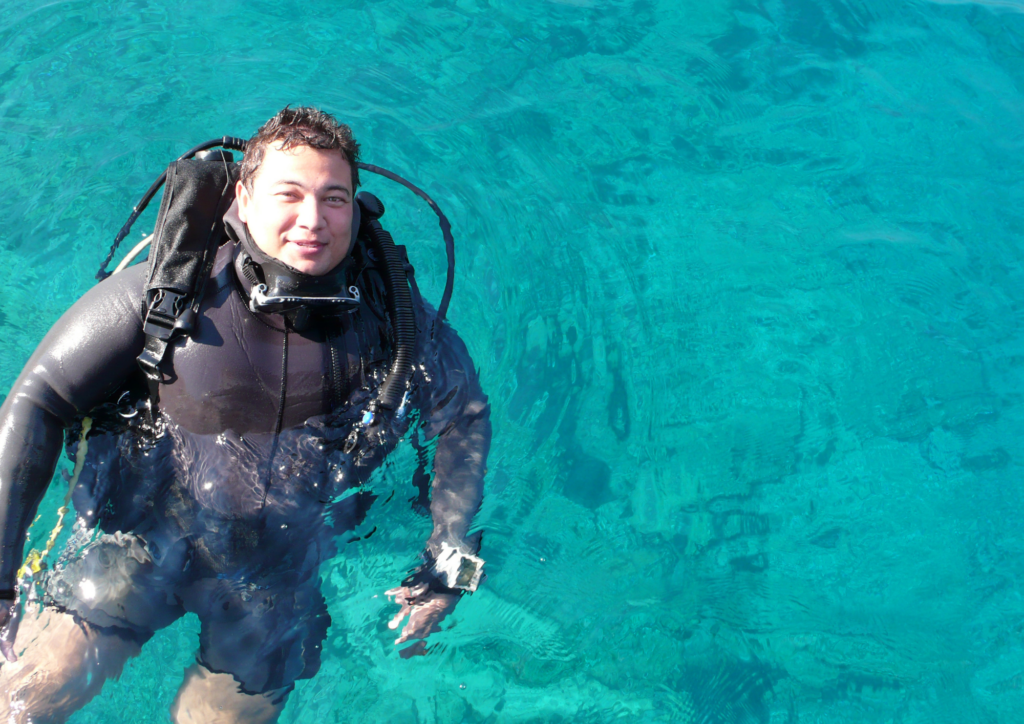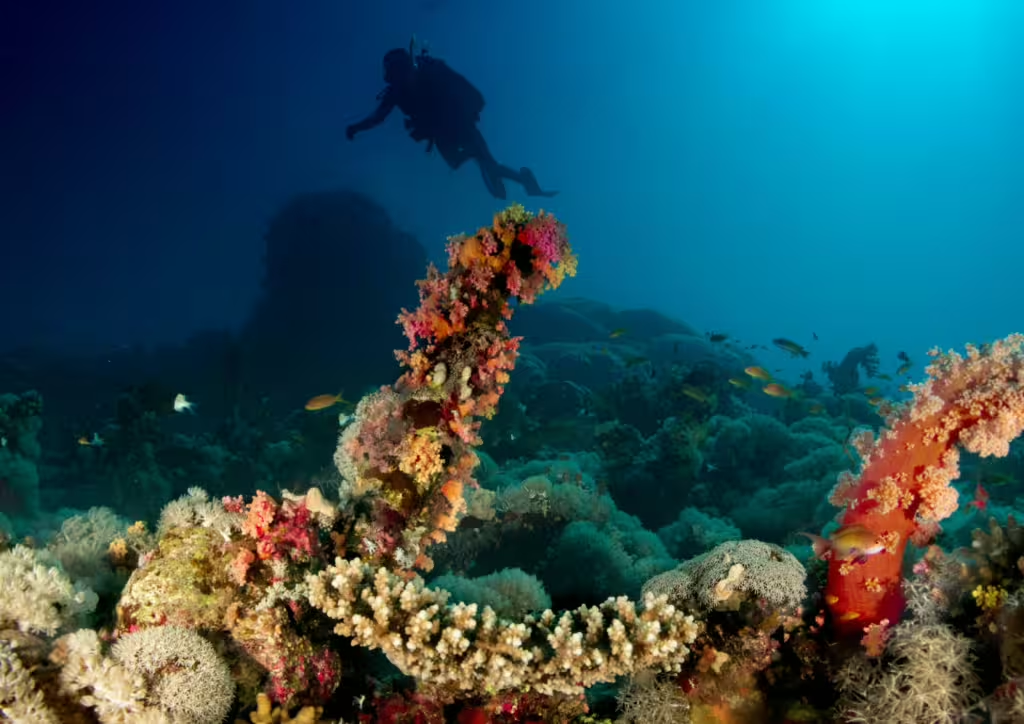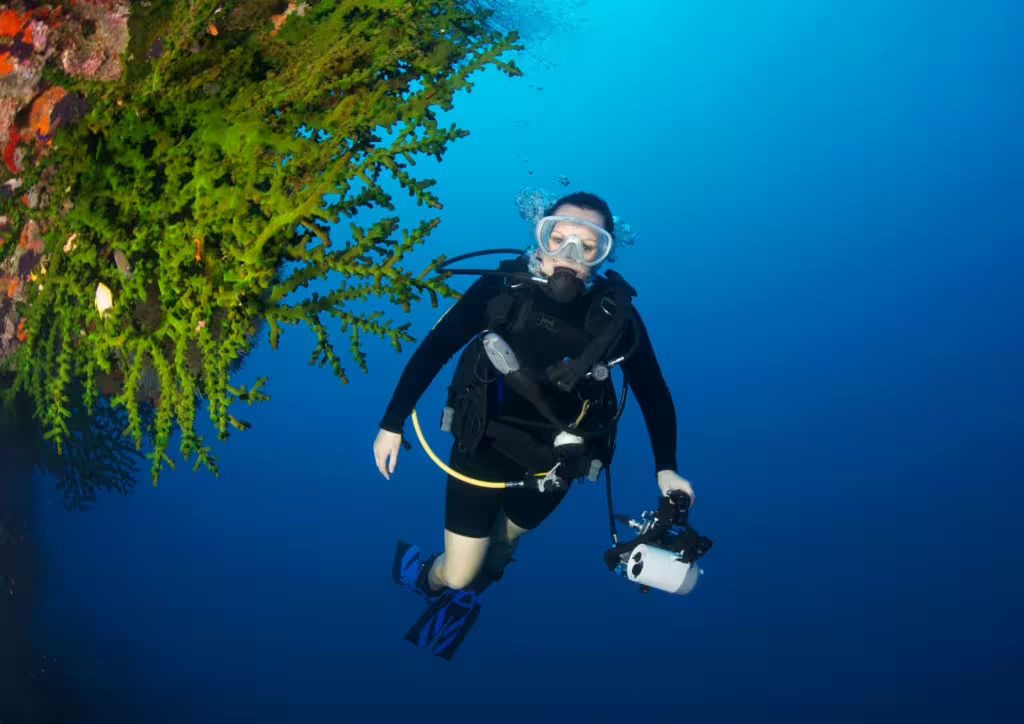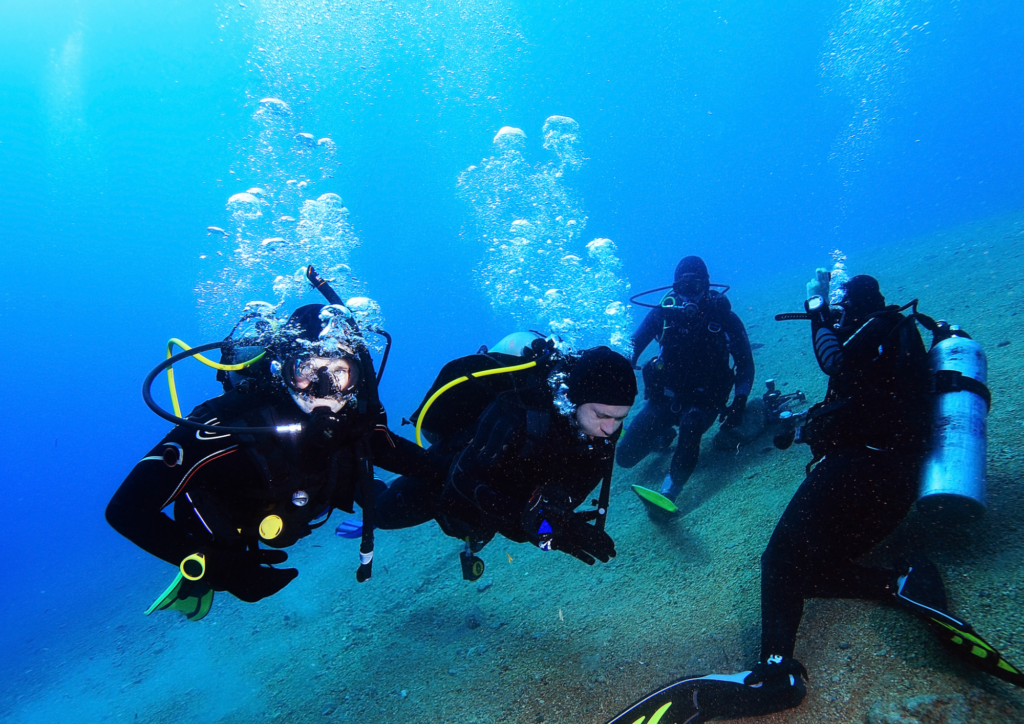For those considering an SSI scuba course in Bali, understanding the distinct features that set SSI apart from PADI is essential. From the flexibility of training schedules to the comprehensive support provided by instructors, SSI courses offer a unique approach to diving education that’s tailored to the vibrant underwater landscape of Bali. Whether you’re a novice eager to take your first plunge or an experienced diver looking to enhance your skills, discovering what makes these courses different can significantly impact your diving experience.
Key Differences Between SSI and PADI
When it comes to scuba diving education, both SSI (Scuba Schools International) and PADI (Professional Association of Diving Instructors) are recognized worldwide. However, the SSI Scuba Course in Bali offers a few distinctive features that set it apart from PADI courses. One of the primary differences lies in the training philosophy. SSI emphasizes a more flexible learning approach, allowing divers to complete coursework at their own pace through digital platforms.
This can be particularly beneficial in a beautiful destination like Bali, where divers may wish to take advantage of stunning diving conditions or relax between lessons. Furthermore, SSI courses often allow for custom dive plans and emphasize water skills over theoretical knowledge, promoting a more hands-on diving experience right from the start. Another significant difference is the way in which certification levels are structured. While both SSI and PADI offer various levels of certification, SSI offers a unique ‘Continuing Education’ path that encourages divers to actively engage in additional skills training and specialty courses after their initial certification.
This ongoing education fosters a culture of continual improvement and safety among divers, creating a community that values skill enhancement. Consequently, choosing an SSI Scuba Course in Bali not only promises an enriching diving experience but also fosters a commitment to lifelong learning in the vibrant underwater world of Bali.
Course Structure: SSI vs PADI

The course structure of SSI Scuba Course in Bali and PADI (Professional Association of Diving Instructors) has key differences that can significantly impact a diver’s learning experience, especially in a tropical paradise like Bali. SSI Scuba Course in Bali emphasizes a modular approach, allowing divers to progress at their own pace. Their courses include various specialized training modules that can be tailored to individual interests or conditions, ensuring a more personalized education.
This modularity is particularly beneficial in Bali, where diverse marine life and varying dive conditions provide ample opportunities for specialized training through an SSI Scuba Course in Bali. Additionally, SSI incorporates pool sessions as an integral part of the course, ensuring that divers practice skills in a controlled environment before heading into open water. This steady progression often leads to a higher comfort level for divers when they eventually dive in Bali’s beautiful but sometimes challenging waters.
In contrast, PADI offers a more standardized curriculum that follows a linear progression through the courses. While PADI’s offerings are comprehensive and globally recognized, they may not allow for the same level of adaptability as the SSI Scuba Course in Bali. Each organization has its strengths, but understanding these structural differences can help aspiring divers choose the best path for their underwater adventure—many find the flexibility and depth of the SSI Scuba Course in Bali to be the ideal match.
Instructor Qualifications and Training
One of the defining features that set the SSI Scuba Course in Bali apart from PADI courses is the rigorous instructor qualifications and training regimen. Instructors for the SSI Scuba Course in Bali undergo a comprehensive training process that emphasizes both advanced diving skills and effective teaching methodologies. These instructors often possess deep knowledge of local diving conditions, allowing them to deliver tailored instruction that meets the specific needs and interests of their students. This localized expertise enhances the overall experience, making the SSI Scuba Course in Bali not only educational but also deeply immersive.
Additionally, SSI places strong emphasis on continuing education and professional development, ensuring instructors remain current with the latest diving techniques and environmental standards. Unlike PADI’s more standardized system, the SSI Scuba Course in Bali promotes individualized training and flexibility, providing a more personalized learning environment. With this approach, divers gain more than just certifications—they build meaningful connections to the ocean and become advocates for marine conservation through their SSI Scuba Course in Bali journey.
Focus on Environmental Awareness in SSI

One of the most distinguishing features of the SSI scuba course in Bali compared to PADI is its emphasis on environmental awareness. SSI places a strong focus on marine conservation and environmental protection, integrating these essential principles into its training programs. Divers are encouraged to not only appreciate the stunning aquatic life around them but also to understand the impact of human activities on marine ecosystems.
By nurturing a sense of responsibility toward the underwater environment, SSI aims to create more conscientious divers who are equipped to act as advocates for ocean preservation. This environmental consciousness is not merely an add-on but deeply embedded within each module of the SSI scuba course in Bali. It includes practical education about local wildlife, reef protection, and sustainable diving practices.
Through engaging workshops and dive experiences, students gain knowledge on how they can minimize their ecological footprint while still enjoying the beauty of Bali’s underwater world. Ultimately, this unique focus fosters a culture of respect and stewardship among divers, making the SSI experience not just about diving, but about becoming proactive guardians of the environment.
Community and Support in SSI Scuba Diving
One of the standout features of an SSI Scuba Course in Bali is the strong emphasis on community and support among divers. SSI, or Scuba Schools International, prides itself on creating an interactive and immersive learning environment, where students are not just participants but become an integral part of a diving family. The SSI approach encourages divers to engage with one another and share experiences, fostering connections that continue beyond the course.
Local dive centers often promote community events and group dives, enabling both novice and experienced divers to bond over their shared passion for the ocean, making the learning experience more enjoyable and memorable. Additionally, the support structure in SSI diver education is designed to be highly cooperative. With a focus on personalized instruction, SSI courses in Bali typically have smaller class sizes, which means instructors can provide tailored guidance to each student. This one-on-one attention ensures that learners feel more comfortable and confident in their skills, enhancing the overall diving experience.
The sense of community combined with dedicated support not only enriches the diving education but also leaves students with a genuine sense of belonging, setting SSI apart from the more corporate approach often found in PADI courses. The integration of camaraderie and personalized support makes SSI courses in Bali a unique and appealing option for divers looking for a well-rounded scuba diving education.
Cost Comparisons: SSI and PADI

When considering a scuba certification in Bali, the cost is a key factor that often influences divers’ decisions between SSI and PADI courses. Generally, SSI scuba courses in Bali have a reputation for being slightly more economical. Prices for SSI courses tend to incorporate all necessary equipment, instructional materials, and even some additional diving experiences, which can provide excellent value for learners.
Divers can expect to pay a competitive tuition fee that reflects the high standards of training while ensuring that they receive comprehensive support throughout their learning journey. Moreover, many dive schools in Bali are aware of the competitive nature of the diving market and often offer bundles or discounts for groups and longer courses, making SSI an attractive option for budget-conscious divers. Conversely, PADI courses, while often perceived as more globally recognized, can come with a higher price tag in some locations.
The structured nature of PADI can lead to additional fees for certification levels or specialty courses that might not be present in SSI’s more flexible approach. Ultimately, both courses offer quality training but vary in cost and what is included, making it essential for prospective divers to evaluate their needs and budgets when choosing between an SSI scuba course in Bali and a PADI certification.
Choosing the Right Course for Your Diving Goals
In contrast, PADI courses typically follow a more standardized curriculum, which can be beneficial for those seeking a globally recognized certification. However, this may result in a more rigid learning environment that doesn’t always accommodate those who need extra time to grasp concepts. For divers prioritizing personal interaction and customized training, SSI’s methodology can provide an enriching and rewarding diving experience in Bali’s abundant underwater environments. Ultimately, weighing these differences will help ensure you choose a course that aligns seamlessly with your diving aspirations.
Choosing the Right Course for Your Dive Adventure
In summary, both SSI and PADI offer valuable scuba diving certifications, but the SSI Scuba Course in Bali stands out for its personalized approach, flexible training options, and supportive community. When choosing between these two popular agencies, consider what aligns best with your diving goals and learning style. Whether you value flexibility or are drawn to the structured paths that PADI provides, Bali’s underwater offerings are sure to enrich your diving skills and experiences.
Ultimately, the choice between an SSI and PADI course in Bali can significantly impact your diving journey. As you weigh your options, remember that each certification organization has its unique strengths. Regardless of your choice, immersing yourself in the breathtaking underwater landscapes of Bali will undoubtedly leave you with unforgettable memories and a deep appreciation for the ocean’s wonders.

